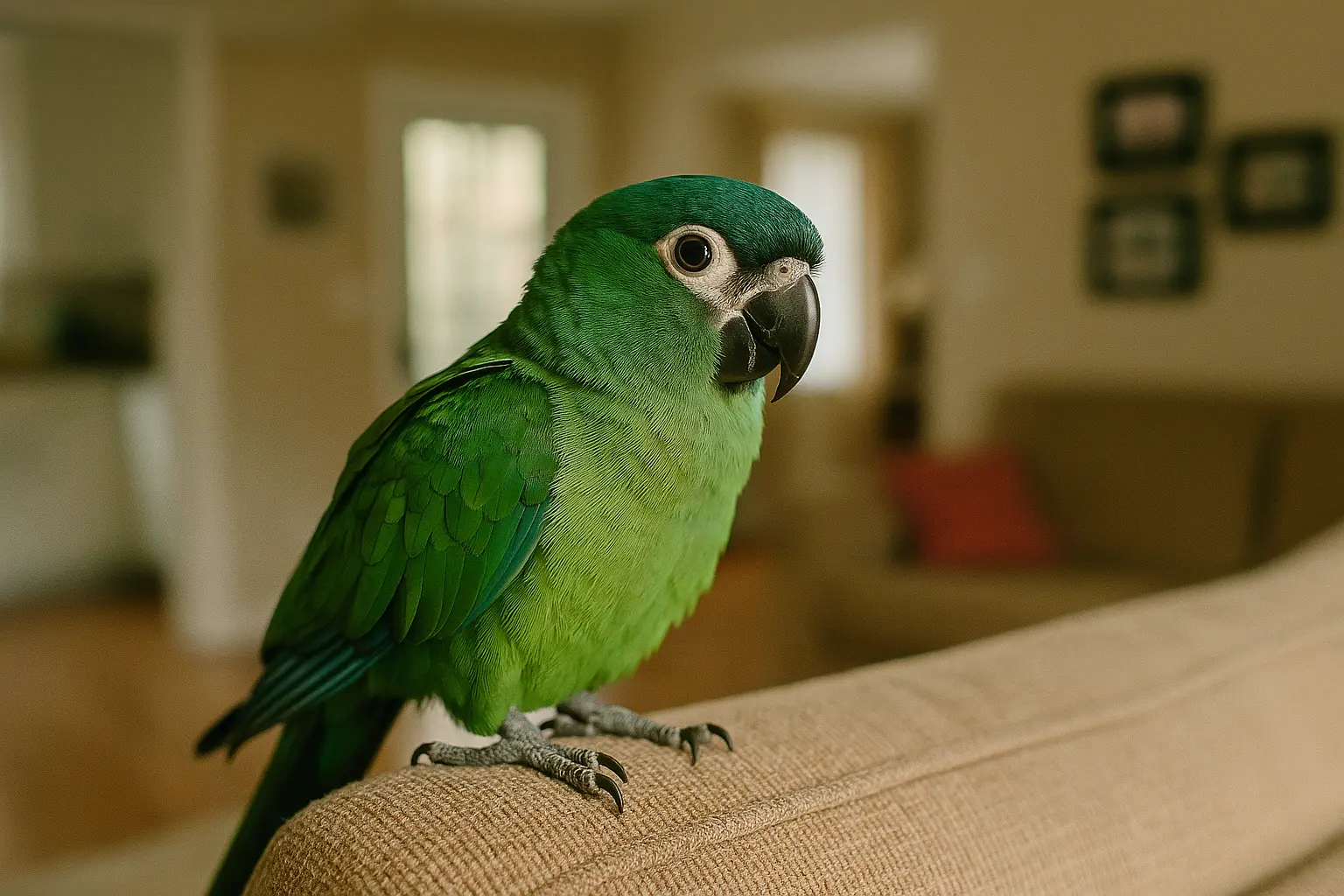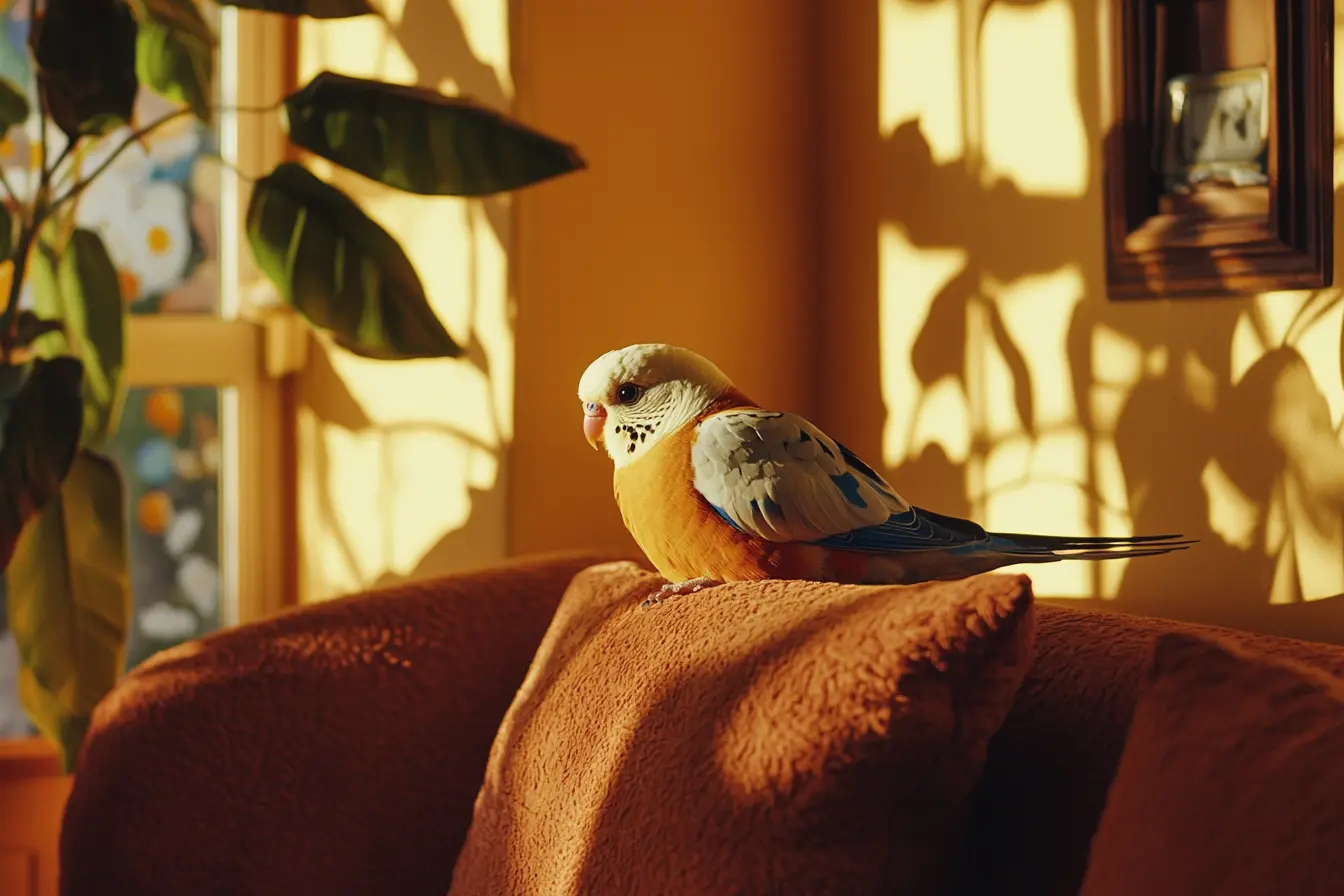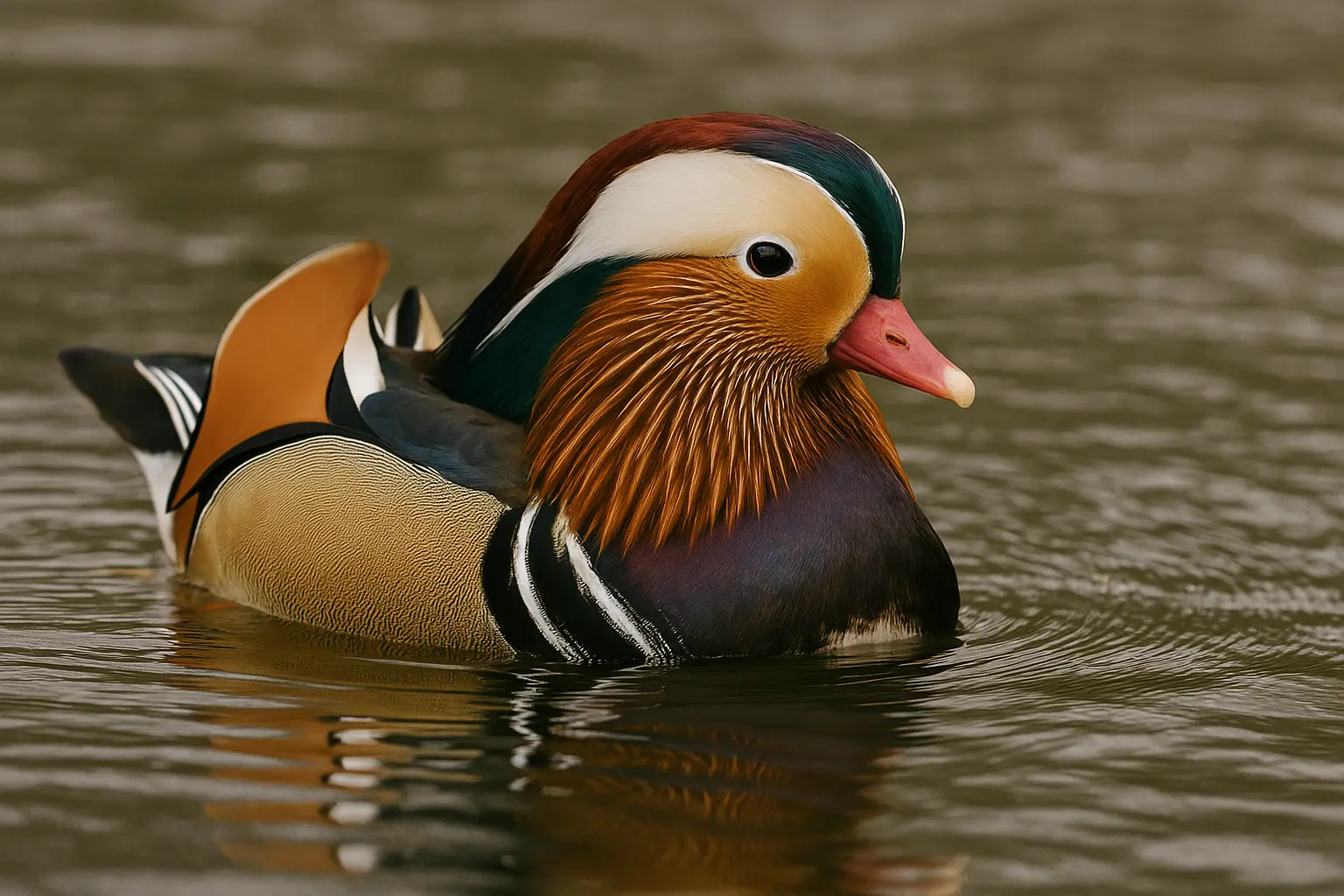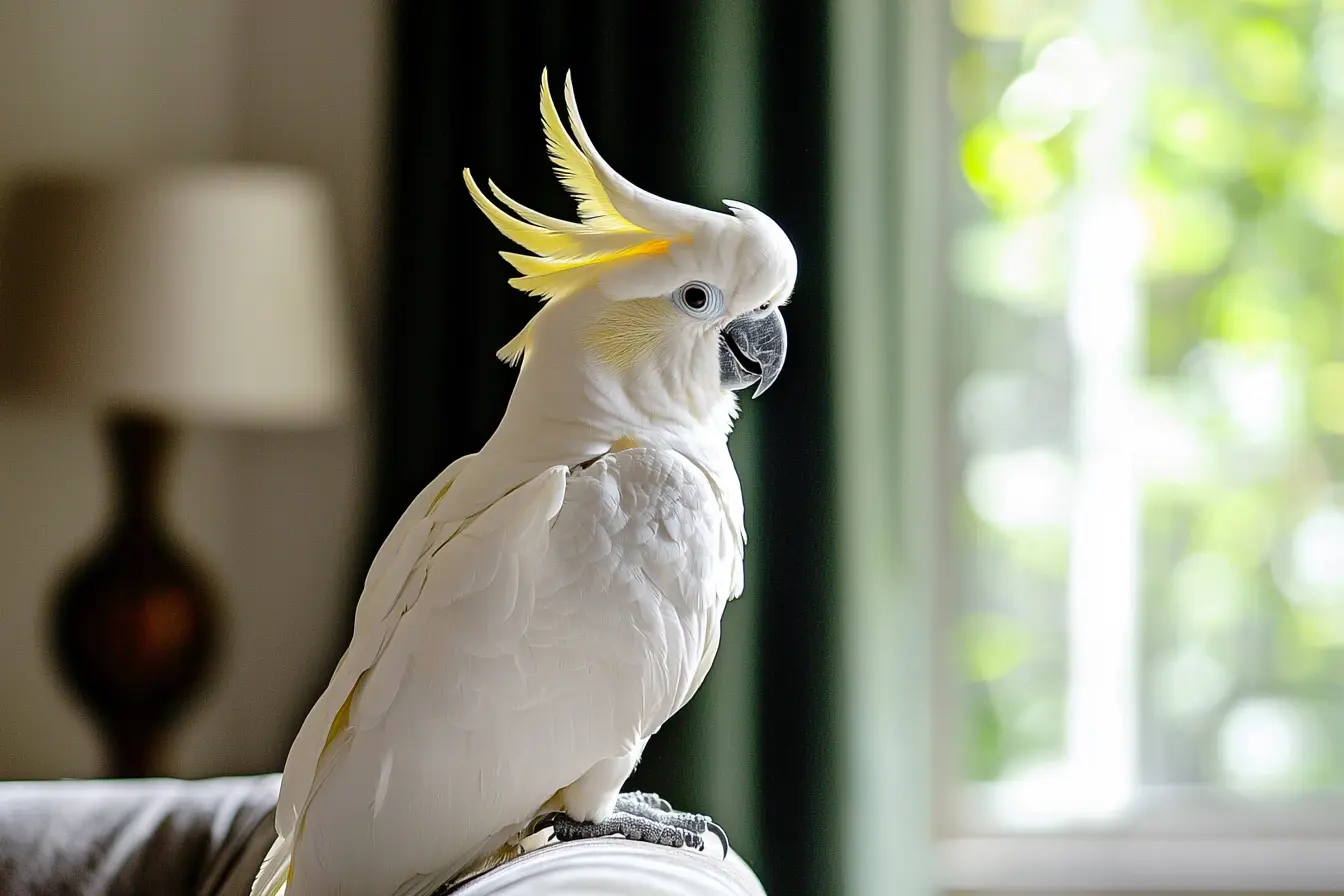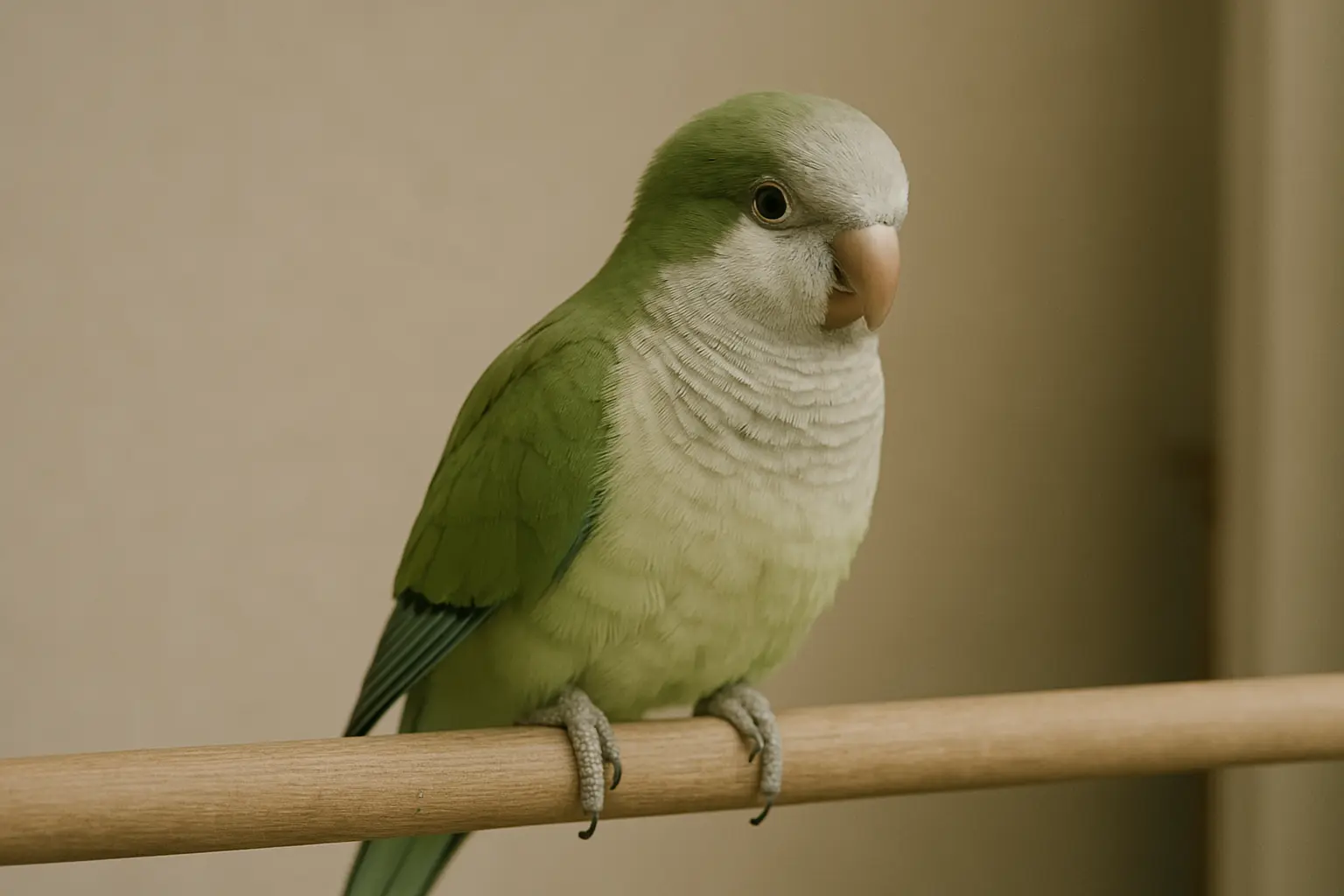
The Ultimate Guide to Owning a Quaker Parrot
Introduction
Quaker parrots, also known as Monk parakeets, are small, charismatic birds famous for their bright green plumage and sociable nature. Originating from South America, these parrots have gained popularity in the UK due to their ability to mimic human speech and form strong bonds with their owners. Owning a Quaker parrot can be highly rewarding, but it also comes with responsibilities. This comprehensive guide aims to help new owners in the UK understand what it takes to provide a happy and healthy life for their Quaker parrot.
Choosing Your Quaker Parrot
Understanding Quaker Parrots
Quaker parrots are known for their playful demeanour and vocal abilities. They have a distinctive grey forehead and chest, with vibrant green feathers covering the rest of their body. Quakers are medium-sized birds, typically about 29 cm (11 inches) in length.
Where to Buy
- Reputable Breeders: Ensure that you buy from breeders who are well-known for ethical breeding practices and who provide healthy, well-socialised birds.
- Avian Rescues and Adoption Centres: Adopting a Quaker parrot can be a fulfilling way to provide a needy bird with a home. These centres also often offer post-adoption support.
- Specialised Pet Stores: Some pet stores have knowledgeable staff and healthy birds, but always research to ensure that you are buying from a reputable source.
What to Look For
- Health: A healthy Quaker parrot should be active and alert with bright, clear eyes, clean feathers, and no signs of nasal or eye discharge.
- Temperament: Look for a bird that is curious and interactive. Avoid birds that are overly aggressive or appear unusually fearful.
Setting Up Your Home
Cage Requirements
- Size: The cage should be large enough for the parrot to flap its wings and move around freely. A minimum size would be 18 x 18 x 24 inches, but bigger is always better.
- Placement: Position the cage in a family-oriented area of your home to promote social interaction, but avoid placing it in direct sunlight or drafty areas.
Essentials
- Perches: Provide perches of various sizes to prevent foot injuries and allow natural foot exercise.
- Toys: Quaker parrots are intelligent and require mental stimulation. Offer a variety of toys that can be chewed, manipulated, and explored.
- Food and Water Dishes: Use sturdy, easy-to-clean dishes, preferably made of stainless steel or ceramic.
Nutrition
Diet
- Pellets: A diet of high-quality pellets should constitute about 60-70% of their food intake.
- Fruits and Vegetables: Supplement their diet with a variety of fresh fruits and vegetables daily.
- Seeds and Nuts: These should be given sparingly as treats due to their high fat content.
Foods to Avoid
- Never feed chocolate, avocado, or caffeine as they are toxic to birds. Also, avoid foods high in fat and salt.
Health and Maintenance
Regular Vet Visits
- Plan regular check-ups with an avian veterinarian to ensure your Quaker parrot stays healthy.
- Signs of Illness: Be vigilant for any signs of distress or illness, such as changes in eating habits, lethargy, or changes in fecal appearance.
Daily Care
- Cleaning: Clean the cage daily to prevent bacterial and fungal growth. Regularly wash and disinfect perches and toys.
- Bathing: Offer your Quaker a shallow bowl of water for bathing or mist them regularly to help maintain feather health.
Social Interaction and Training
Interaction Needs
- Quaker parrots thrive on social interaction. They require daily engagement to prevent boredom and behavioural issues.
- Training: They respond well to training and can learn a variety of tricks and commands. Use positive reinforcement techniques, such as treats and praise.
Legal Considerations
Ownership Laws
- It's important to note that in some places, Quaker parrots are considered invasive, and ownership can be restricted. Always check local wildlife regulations and CITES requirements to ensure compliance.
Conclusion
Owning a Quaker parrot can bring immense joy and companionship into your life. These birds are affectionate, intelligent, and full of personality, making them great pets for those who can dedicate the necessary time and resources to their care. With proper preparation and ongoing attention to their physical and emotional needs, your Quaker parrot can be a beloved member of your family for many years.
Vets near you
Speciality vets
- Aquatics vet specialists
- Birds vet specialists
- Camelids vet specialists
- Cats vet specialists
- Cattle vet specialists
- Deer vet specialists
- Dogs vet specialists
- Equines vet specialists
- Exotic vet specialists
- Goats vet specialists
- Pigs vet specialists
- Poultry vet specialists
- Sheep vet specialists
- Small Mammals vet specialists
- Wild vet specialists
Vet facilities
- Accessible by public transport
- Blood testing
- Car park nearby
- Client car park
- Dentistry
- Diagnostic imaging
- Disabled public access
- Flea and worm treatments
- Microchipping
- Mobile services
- Neutering
- Open at weekends
- Out-of-hours service
- Referral interests
- Referrals only
- Street parking outside
- Toilets available
- Vaccinations
